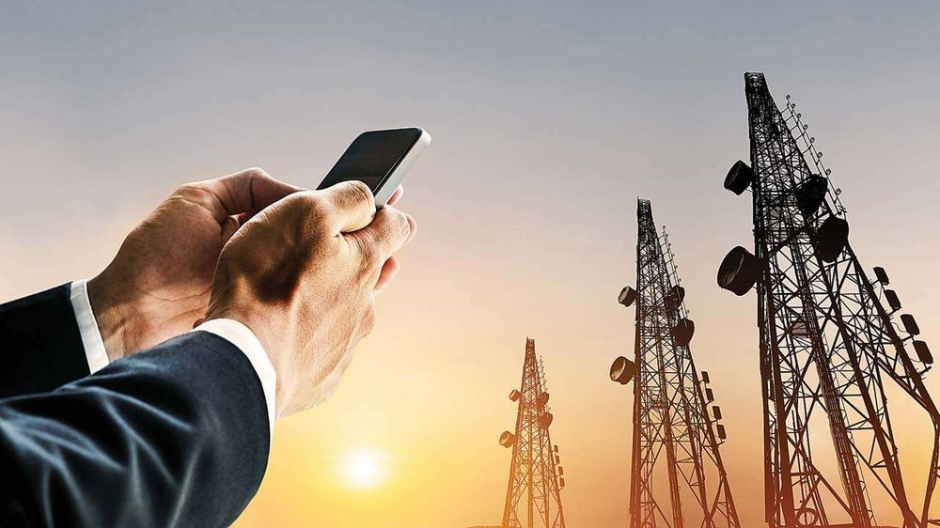How Did Pakistani Telcos Earn Rs 803 Billion in FY2025?

ISLAMABAD: Telecom revenues reached Rs 803 billion in fiscal year 2025 (July-March). Investments in the sector totaled US$ 621 million and contributed a substantial Rs 271 billion to the national exchequer in terms of taxes and duties during fiscal year 2025 (July-March), revealed the Economic Survey 2024-25.
Cellular mobile services now reach 91 percent of Pakistan’s population, with 3G/4G signals reaching over 81 percent.
By December 2024, there were 57,063 operational cell sites, 96.2 percent supporting 4G. These efforts drove a surge in the number of broadband subscribers, which reached 147.2 million by March 2025. Broadband penetration increased to 59.8percent, up from 32.6 percent in 2019.
The telecom sector is rapidly advancing towards 5G launch. PTA initiated the process aiming at a mid-2025 rollout. Substantial infrastructure upgrades are underway to support 5G rollout, with PTA developing regulatory frameworks to attract investment and simplify operations. In parallel, telecom operators are upgrading systems, expanding fiber optic networks for high-capacity backhaul, and conducting trials for smooth transition.
PTA has allocated suitable backhaul frequency spectrum (E-band) to Cellular Mobile Operators (CMOs) to assess backhaul readiness for 5G’s high data rate and low latency requirements. To improve nextgeneration mobile broadband services, the government formed an advisory committee to oversee the release of International Mobile Telecommunication spectrum. The Frequency Allocation Board (FAB) approved spectrum for future auctions, and PTA hired an international consultant to provide expert recommendations on the auction process and 5G implementation model. The advisory committee will review these recommendations to steer Pakistan into the 5G era.
PTA took significant strides in enhancing wireless connectivity by unlocking the 6 GHz spectrum band (5,925-6,425 MHz) for unlicensed use, enabling faster speeds, lower latency, and improved network reliability. With this step, Pakistan has become the 10th country in Asia to adopt next-generation Wi-Fi technology. PTA is proactively collaborating with industry stakeholders for the proliferation of Wi-Fi 6E and beyond.
In September 2024, Pakistan achieved the Tier1 (Role Modeling) rating and is now among the top 40 countries in the Global Cybersecurity Index 2024, issued by ITU, marking a notable improvement from its previous 79th position. This advancement reflects Pakistan’s dedication to strengthening cybersecurity nationwide, particularly in the IT and telecom sectors. PTA, MoITT, and other stakeholders have been key drivers in this success. Major initiatives that have enhanced cybersecurity include the Cybersecurity Policy, CERT Rules, CTDISR, Cybersecurity Strategy and regular cybersecurity audits across the telecom sector. The establishment of National Telecom CERT has further enhanced the country’s security framework through information sharing, incident management, and rapid response coordination. Together with local telecom operators adhering to international cybersecurity standards, these efforts have strengthened Pakistan’s defense against cyber threats.
Sharing clear, practical insights on tech, lifestyle, and business. Always curious and eager to connect with readers.


 3 min read
3 min read






























